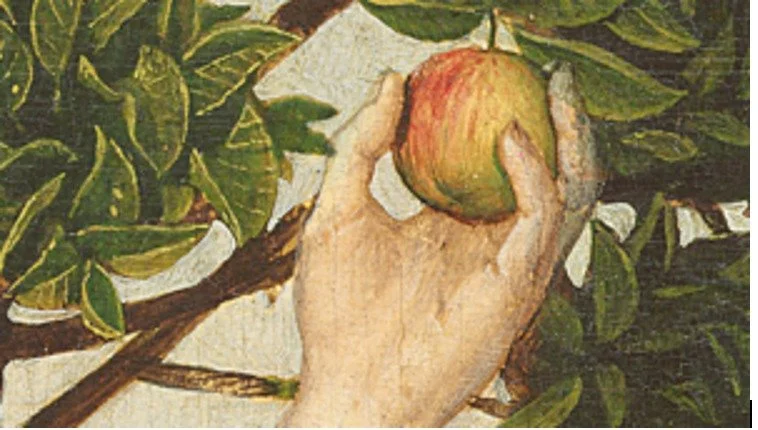Deconstructing Medical Guilt
The doctrine of original sin has profoundly shaped Western patients' unconscious identification of disease with moral failure. Augustinian theology's hereditary guilt framework permeates contemporary healthcare, positioning illness as evidence of personal inadequacy and treatment as conditional forgiveness requiring demonstrated worthiness.
This article examines how Lurianic Kabbalah's doctrine of cosmic rupture (shevirat ha-kelim) offers an alternative theological framework that deconstructs medical guilt while empowering patients as active participants in healing. Drawing on sixteenth-century Jewish mystical texts and contemporary healthcare philosophy, we propose a clinical paradigm shift from guilt-based pathology to collaborative restoration (tikkun).
We conduct comparative theological analysis of Augustinian original sin and Lurianic chet kadmon (primordial sin), examining their divergent anthropologies through primary texts and secondary scholarship. We then apply Lurianic concepts—cosmic rupture, scattered sparks (nitzotzot), husks of impurity (kelipot), participatory repair (tikkun), and reincarnation (gilgul)—to clinical phenomenology, demonstrating how patients embody theological guilt in illness narratives.
